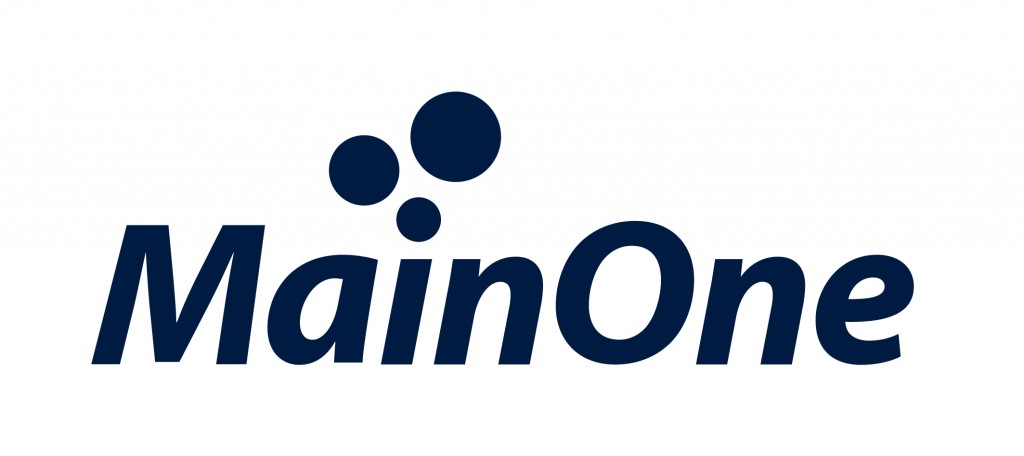- MainOne to Invest N2bn in Lagos Fibre Infrastructure
Mainone, a West African connectivity and data centre solutions provider, is set to deploy 2,000 kilometres of fibre optic infrastructure in Lagos state in the next three years.
In a project the company tagged ‘Digital Lagos for All’, MainOne said the N2bn investment in broadband infrastructure would be a shared open model that would connect towers and government institutions in the state.
This is coming four years after the company obtained Infraco license from the Nigerian Communications Commission for the ubiquitous deployment of broadband infrastructure.
Speaking at a press conference in Lagos on Tuesday, the Chief Executive Officer, MainOne, Funke Opeke, noted that the ambitions for Lagos was inspired by the vision of the Lagos Governor-elect, Babajide Sanwo-Olu, who noted that technology would improve the rule of law, education, ease of doing business and government processes of Lagos.
According to her, about 1,000km of the optic fibre infrastructure will be ready in the next 12 months.
“We are building resilient infrastructure that will be useful for some time to come,” she added.
Opeke said the company was keen to collaborate with the Lagos State Government and all other relevant stakeholders to build a digital Lagos and help citizens from all walks of life realise the benefits of broad, sustainable economic growth, modernised education, health, and other services delivery, and improved quality of life.
“MainOne is pleased to have the opportunity to present its plan for digital Lagos, a proven path to ubiquitous broadband connectivity. This plan will involve the investment by MainOne of over N25bn over the next two to three years to develop critical fiber optic infrastructure to enable broadband services across Lagos state,” she said.
Opeke said, as the licensed Infraco for Lagos zone, the resulting network to be built by MainOne would provide essential connectivity to critical state institutions, cover over 300 government agencies, up to 10,000 State CCTV locations, telecom operators and Internet Service Providers, public Wi-Fi hotspots, smart city components / IOT devices, in addition to enterprises.
The Chief Executive Officer, HIP Consult, a consulting company for the project, Mr Judah Levine, said MainOne’s initial investment could yield up to N140bn by 2025 due to the economic value the infrastructure would bring to the country.
He said with the increasing population in the country, more towers would be required to meet the data needs of the people.
According to him, the fibre infrastructure project will reach 94 per cent of known health centres and 97 per cent of known schools within 1km of the optic fibre cable.
“MainOne’s planned Lagos network would reach every Local Government Area allowing operators to deploy broadband services more effectively,” he added.

 Billionaire Watch3 weeks ago
Billionaire Watch3 weeks ago
 Startups4 weeks ago
Startups4 weeks ago
 News4 weeks ago
News4 weeks ago
 News4 weeks ago
News4 weeks ago
 Bitcoin4 weeks ago
Bitcoin4 weeks ago
 Naira4 weeks ago
Naira4 weeks ago
 Forex3 weeks ago
Forex3 weeks ago
 Treasury Bills4 weeks ago
Treasury Bills4 weeks ago

























